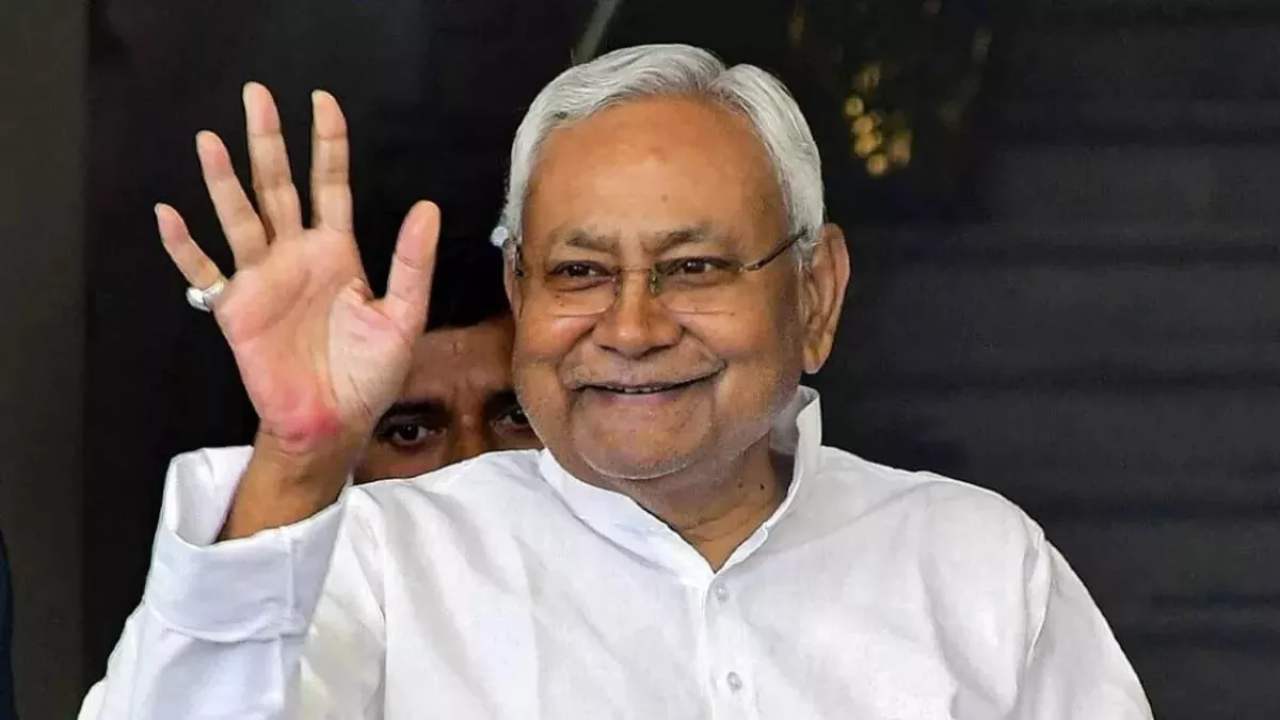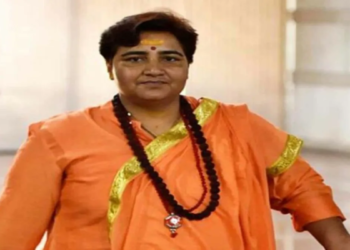35 Percent Reservation for Bihar Women: In Patna’s hot afternoon, when a cabinet meeting was going on under the chairmanship of CM Nitish Kumar, no one thought that a decision could bring a big earthquake in Bihar politics. The state government has made such a change in the old rules of 35% horizontal reservation for women, which will give the rights to the daughters of Bihar, but on the other hand a new debate has been sparked throughout the country – has now the era of ‘domicy politics’ has started in government jobs?
Now only ‘daughters of Bihar’ will be reserved!
The Bihar government has limited the horizontal reservation of 35% women only to the permanent resident women of Bihar. That is, if the woman of any other state of the country sits in the Bihar Public Service Commission (BPSC) or other state level competitive examination, then she will not get the benefit of the reserved class, even if she is a woman. He has to compete in the general category itself. Dr. S. Confirming the decision, Siddharth (Cabinet Additional Chief Secretary) said that now only permanent residents of Bihar will be able to avail benefits under reservation. This decision has been taken with the intention of making women empowerment more concentrated and effective within the state.
What is the political meaning of this decision?
The timing of this decision is very important – Bihar Assembly Elections taken just before 2025, this decision is not just administrative change, but is being seen as a far -reaching strategy to practice the women’s vote bank. Nitish Kumar has been identified as a ‘female friendly’ leader – whether it is a cycle scheme, or Chief Minister Kanya Utthan Yojana, he has always tried to bring girls into social mainstream. But this time Nitish has given a guarantee of ‘priority’ to the daughters of Bihar by adding domicile with reservation and also excluded women who are not permanent residents of Bihar. This decision has come at a time when the opposition is already questioning the politics of ‘outsider’.
Women votes will have a big impact?
There has been a huge increase in the participation of women voters in the last elections. The voting percentage of women in Bihar has been more than men. In such a situation, this step can become a symbol of empowerment, especially in women in rural and backward areas. This decision will also increase enthusiasm for the women of the villages who used to think that competing women from outside take away their seats.
Youth Commission – Another election arrow
The Bihar government took another major step in the cabinet meeting itself – the formation of the Bihar Youth Commission. Its purpose is to add youth to the works of employment, training and social consciousness. The Commission will have a chairman, two vice -presidents and seven members, whose age will not be more than 45 years. This commission will ensure that the youth of Bihar get priority in the private sector, and also give suggestions to the government by making strategies against drug and social evils. Nitish Kumar’s move is also being tried to make ’emotional engagement’ among the youth, as the state government has often been targeted by the opposition on issues like unemployment and migration.
Opposition got a chance to make a new attack?
However, political equations can also change rapidly regarding this decision. The opposition can call it ‘politics of parochialism’, saying that the government is now cutting Bihar from other states and taking steps against the inclusive values of the Constitution. Some analysts also believe that this decision may also face a challenge in the courts, as the constitutionality of ‘domicy -based reservation’ has come under the purview of the Supreme Court earlier.
What will be the change in social fabric?
This decision also raises many questions from the social point of view – is this step in line with the spirit of ‘Bachao, Beti Padhao’ or is it an attempt to tie women in the boundaries of the states too? If the daughter of Bihar studies in another state, she will still get local status? Or will this decision create a new division among the native vs. migrant woman?
Will other states of the country also take this path?
This step of Nitish Kumar can also inspire other states. States like Madhya Pradesh, Chhattisgarh, Rajasthan and Jharkhand also have horizontal women’s reservation in force – but there were no clear rules regarding domicile. Now in view of this model of Bihar, the rest of the states can also implement “local women’s reservation”. This decision can give a new force to the politics of localism in the states, which will be an interesting turn for the federal structure of India.
Decision is visionary or election?
Nitish Kumar’s image has always been a ‘policy-maker and planned leader’. But this decision also takes a strategic step taken keeping in mind the elections clearly. In the 2025 elections, where women and youth votes will play the most decisive role, it is an attempt to direct the ’emotional vote bank’ directly.
New politics knock
Connecting women’s reservation in Bihar with localism, and creating a separate commission for youth – these two steps can not only change the state policy, but can also draw a new streak in India’s electoral politics. After this move, Nitish Kumar has given a clear indication – “He who is from Bihar will get priority.” Now it will be seen whether the public considers this decision as ‘sensitive security shield’ or ‘electoral tricks’. Because politics in Bihar is often determined by decisions, not by decisions – and this time Nitish has targeted both.










